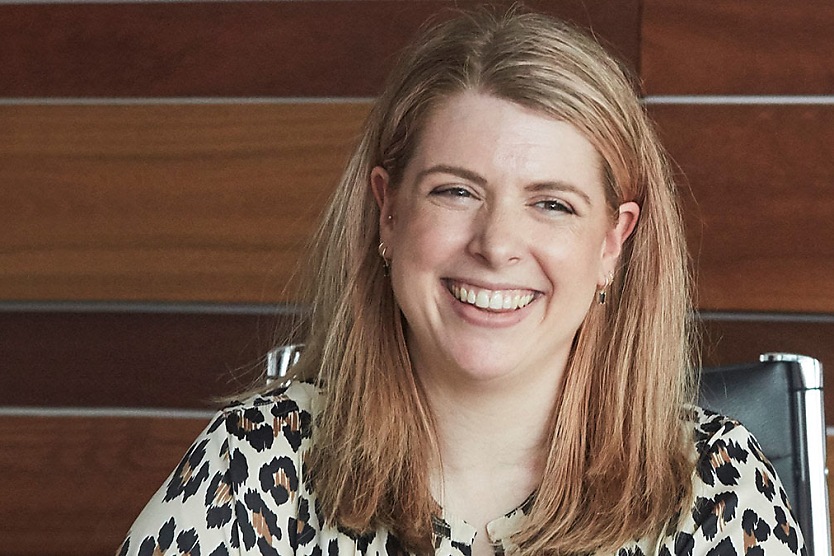
By connecting with staff, employers are able to create a sense of community in the workplace that can improve productivity, retention, communication, and even profitability.
Bendigo and Adelaide Bank’s employer brand specialist, Belinda Leon, explained to The HR Leader what connection looks like at Bendigo and Adelaide Bank.
Ms Leon spoke about her experience as an employee with ADHD and what it’s like to work at the bank: “It’s a really people-centric place to work in terms of you feel like you’re not just a number, you are a person and that’s acknowledged by even the senior leaders at work.
“So, the chief people officer, for instance, is happy to talk about stuff that is going on in her life and share what that is with us when it’s appropriate and encourages you to do the same. She is so warm and engaging and it makes you feel comfortable to be yourself at work, which is something that’s so important for people that are neurodivergent,” she said.
As discussed in an article by the Harvard Business Review (HBR), research by the University of Minnesota and the University of Pennsylvania revealed that workplace friendships benefit the company in many ways: staff become more productive, communicate better, encourage each other, and are more committed to their work.
HBR also referenced Gallup data, which found that, “having a best friend at work is strongly linked to business outcomes, including profitability, safety, inventory control and retention”.
Ms Leon noted that teamwork is part of the bank’s DNA: “That culture of really being human is something that is throughout the organisation, it’s such a collaborative team-driven approach where people want to work together to get great outcomes as opposed to competing against each other for attention or resources. And so that’s something that I think is really special about Bendigo and Adelaide Bank.”
When asked what Ms Leon would like to achieve in her role at the bank over the next few years, specifically in relation to neurodivergent workers and DEI, she signalled a wide array of diverse candidates that they’d like to better understand.
She said: “We want to work out a lot more about our neurodivergent [workers], and candidates from cultural, or linguistic, or Aboriginal and Torres Strait Islander candidates, or people with disability, or veterans, or any kind of minority group … to understand how they’re going throughout the recruitment process, capture more information about them so that we can really get to understand what’s happening in those processes and see if there’s any roadblocks there.”
She continued: “And then really support people and work out how we can be providing more assistance or making sure that there are no invisible barriers that we’re not noticing.”
Ms Leon has kindly provided the below links in relation to her podcast episode:
https://www.youtube.com/c/howtoadhd
Information about ADHD symptoms in adults: https://www.additudemag.com/adhd-symptoms-test-adults/
Note from the editor: If you’re currently experiencing any of the issues discussed in this podcast episode and would like to reach out for help, you may wish to contact Lifeline: www.lifeline.org.au
RELATED TERMS
Employee engagement is the level of commitment people have to the company, how enthusiastic they are about their work, and how much free time they devote to it.
Jack Campbell
Jack is the editor at HR Leader.










